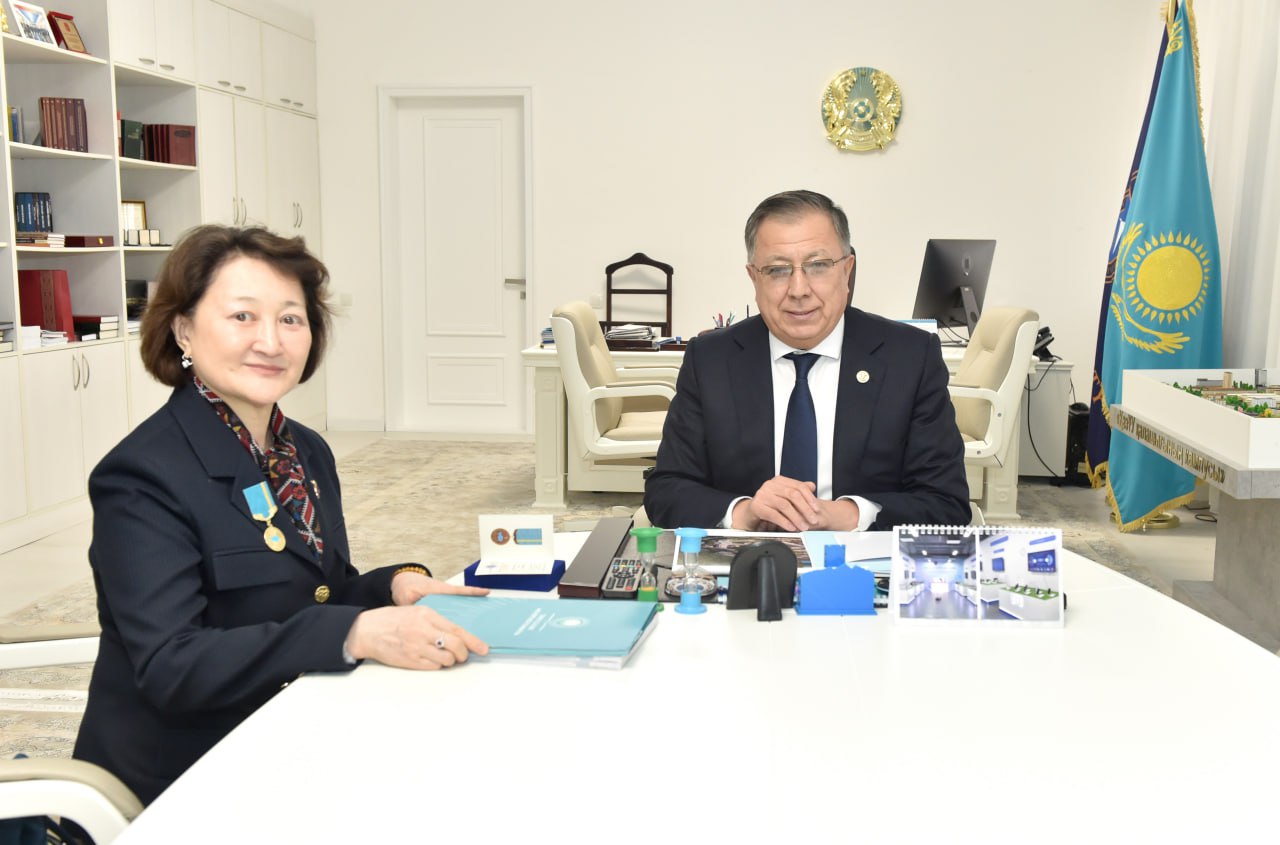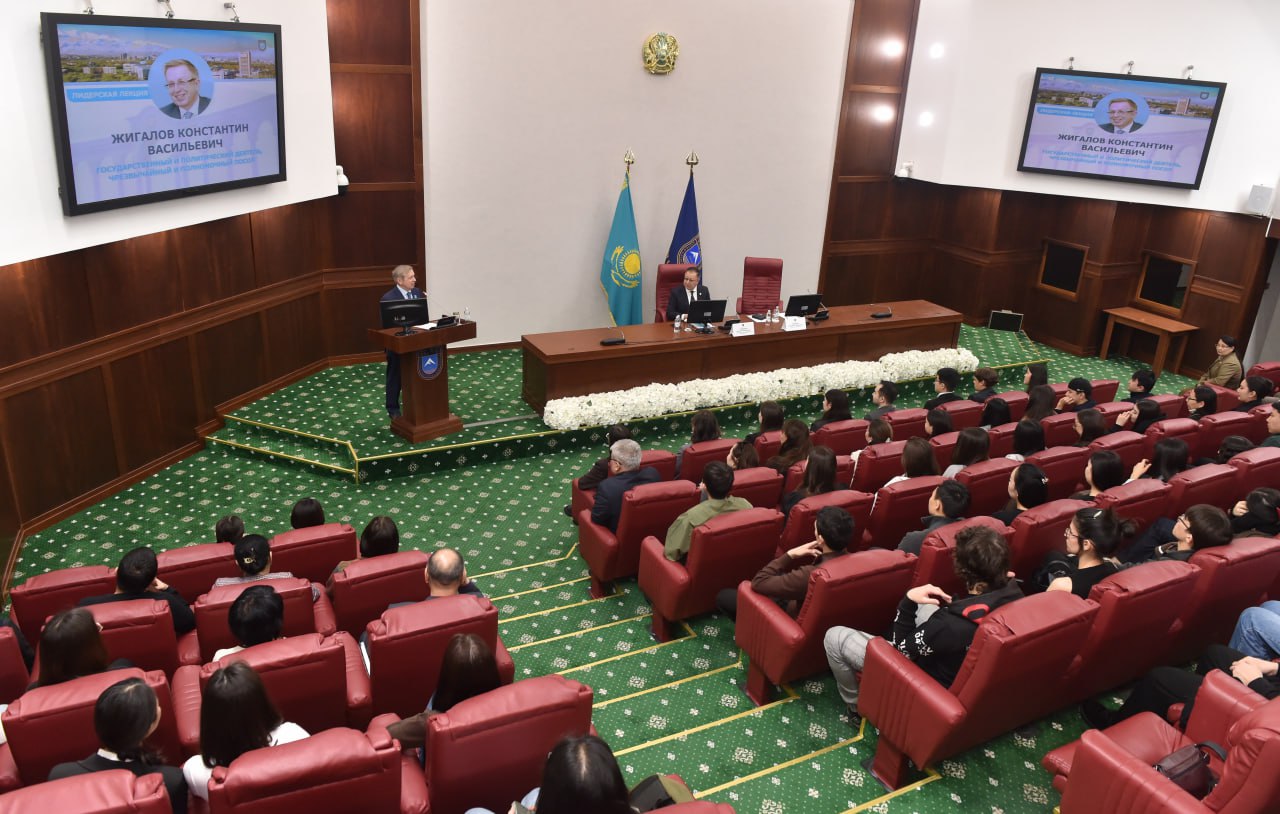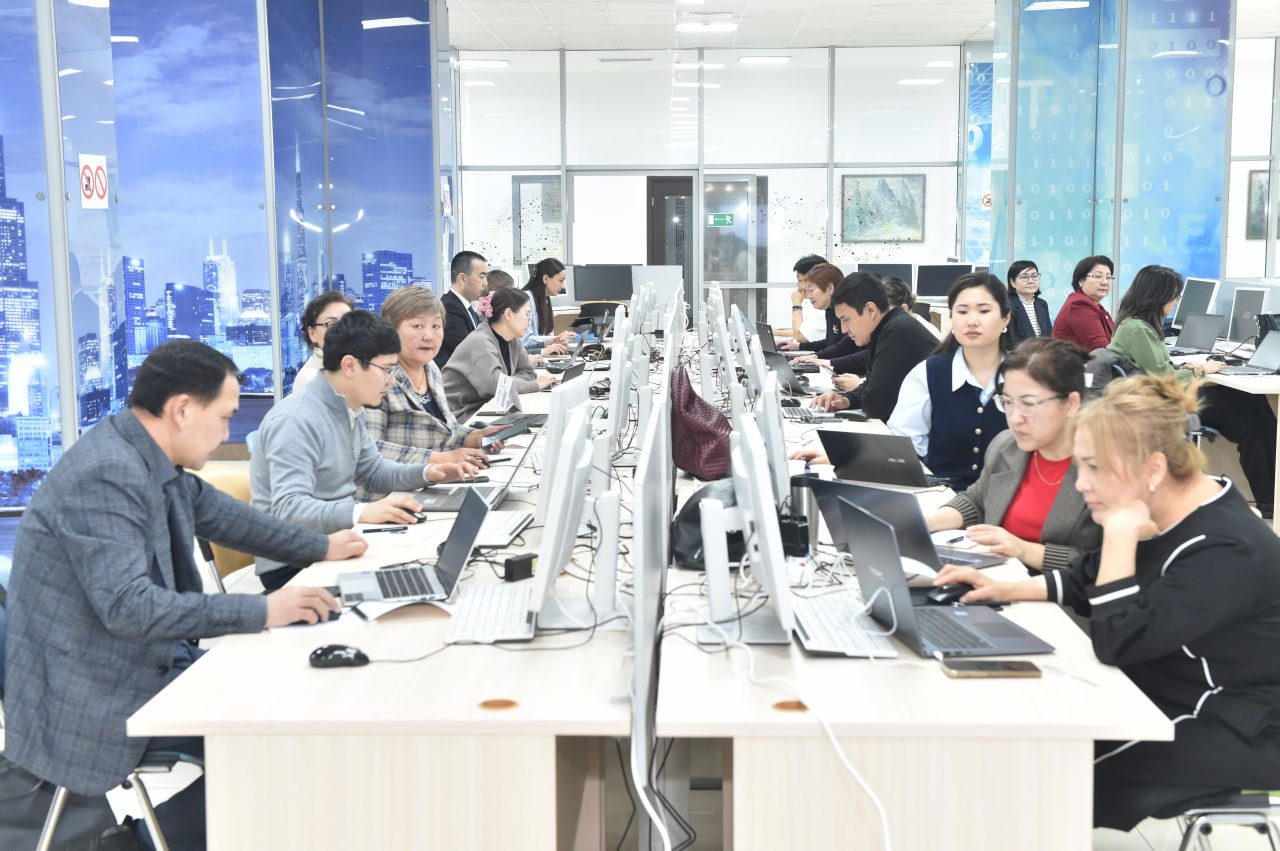- Main
- News
- The delegation of Al-Farabi Kazakh National University met with representatives of the Research University of Malaya (QS WUR 65)
The delegation of Al-Farabi Kazakh National University met with representatives of the Research University of Malaya (QS WUR 65)

On May 10, 2024, an important meeting of representatives of KazNU of Al-Farabi with the Dean of the Faculty of Arts and Social Science, Professor Danny Wong Tze Ken, the Head of the Department of Geography, PhD Tengku Adeline Adura Hamzah, and representatives of the Research University Malaya, which, according to the latest QS World University Rankings, ranks 65th among world universities. University Malaya, located in Kuala Lumpur, is the oldest and most prestigious university in Malaysia. The university offers a wide range of academic programs and includes more than 60 research centers and 6 scientific clusters. The university has over 30,000 students, including a significant number of international students, demonstrating its international appeal.
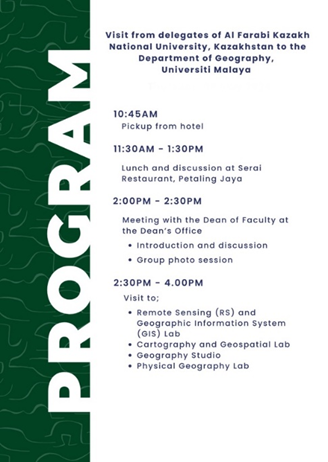
The meeting was devoted to an in-depth analysis of educational programs, with an emphasis on scientific laboratories, which allows us to talk about a serious approach to the development of academic connections and scientific cooperation. The main focus of the negotiations was on academic mobility opportunities for undergraduates, especially in the field of geography and cartography. The preliminary agreement between the Dean of the Faculty of Social Sciences paved the way for future exchanges of students and teachers, which is a significant step in supporting scientific and educational cooperation between universities.
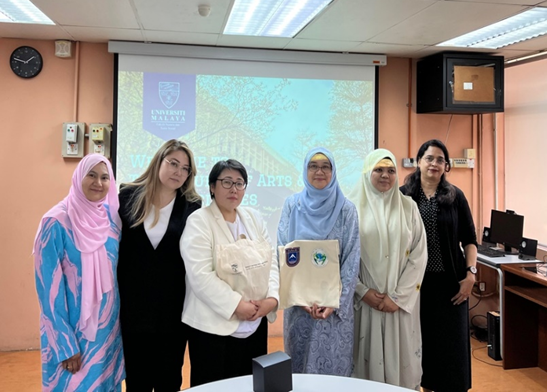
Ways to integrate the latest technologies and research methods into curricula were discussed, which will undoubtedly improve the quality of education and the level of student training. Representatives of universities also expressed interest in joint research projects that will help improve methods for analyzing and processing geographic data, developing the field of geographic information systems and cartography.
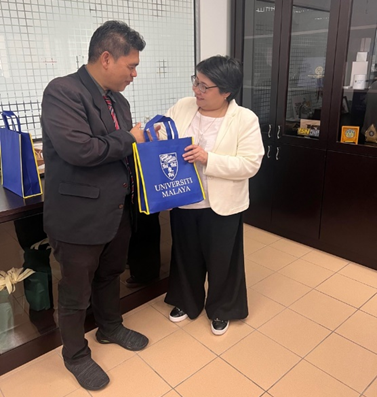
In addition, this meeting became a platform for discussing the creation of joint educational modules and the possibility of holding summer schools and seminars, which will be an excellent opportunity for students from both universities to expand their knowledge and competencies in these areas. These events will allow students to gain not only theoretical knowledge, but also practical experience, working on projects under the guidance of experienced supervisors.
Thus, the results of this meeting laid the foundation for long-term and fruitful cooperation aimed at exchanging knowledge and experience in key academic and scientific fields.
This meeting implements the SDGs4 - quality education; SDG 8 - decent work and economic growth; SDG 17 - partnerships for sustainable development.

